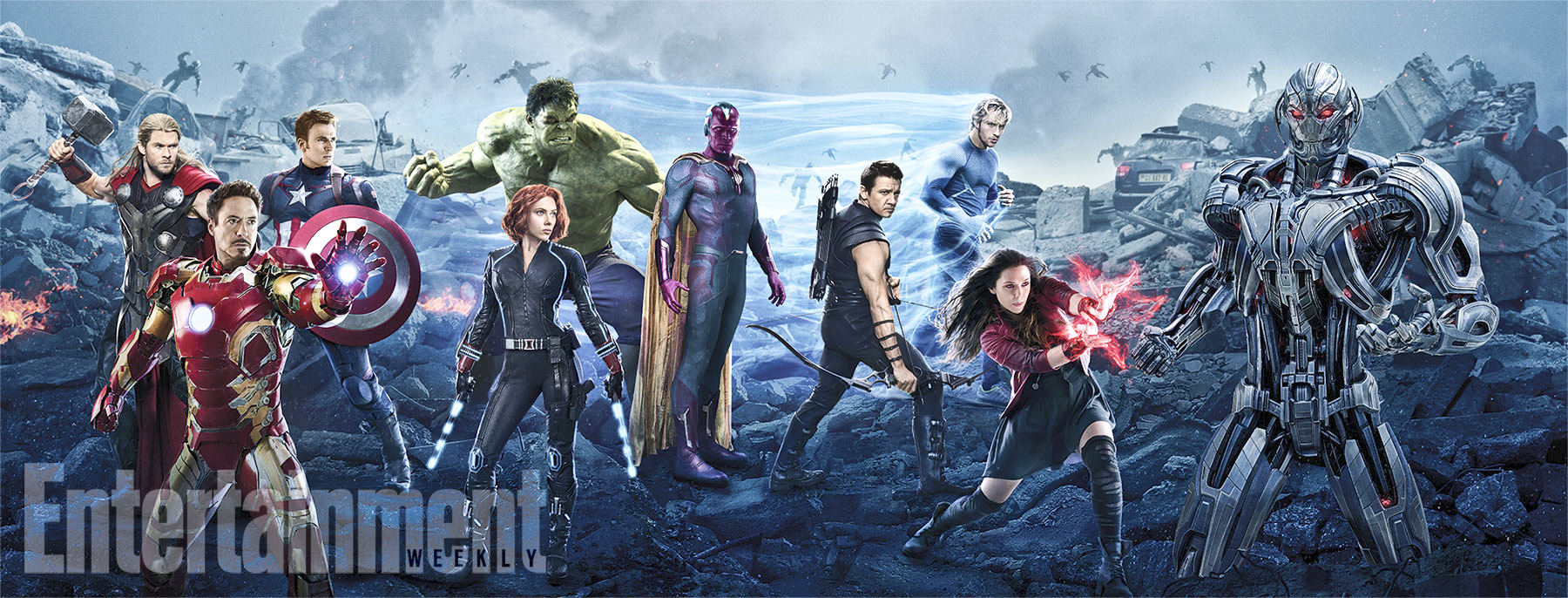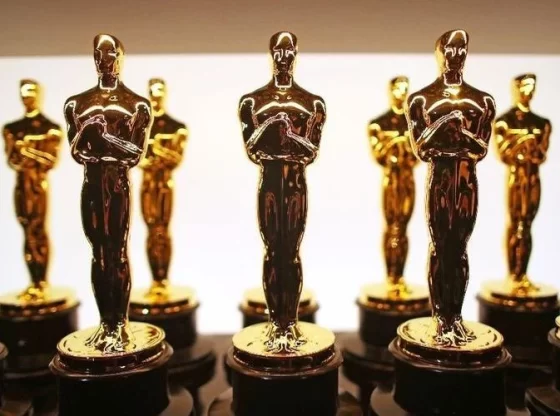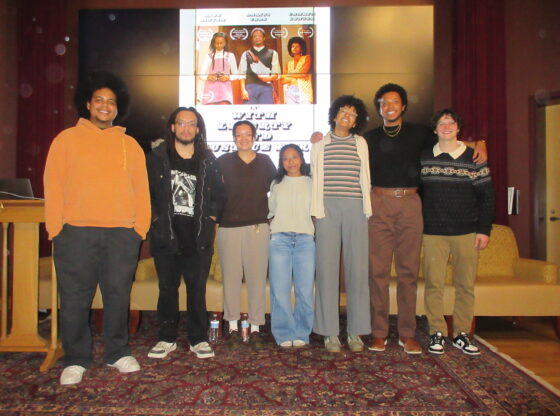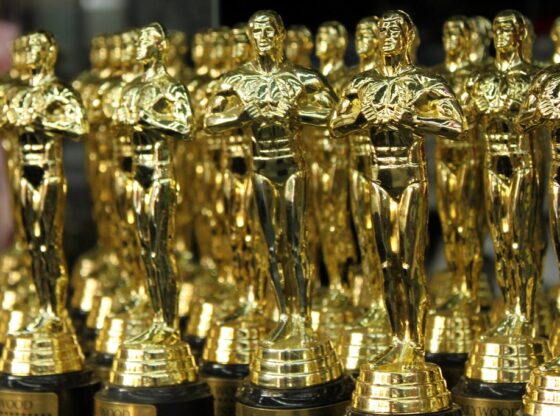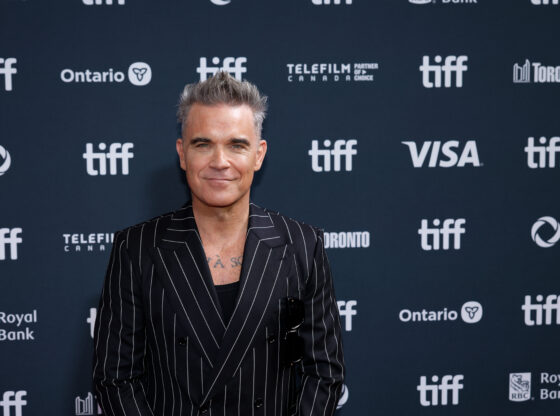The month kicked off with a bang when Marvel Studios released the highly anticipated superhero team-up film “Avengers: Age of Ultron” on May 1. A follow-up to 2012’s smash hit “The Avengers,” the film reunited Marvel’s troupe of cinematic superheroes—including Captain America (Chris Evans, “Playing It Cool”), Iron Man (Robert Downey, Jr, “The Judge”) and Black Widow (Scarlett Johansson, “Lucy”), among others. The film is the latest success coming out of the Marvel Cinematic Universe (MCU)—who could possibly compete?
DC Comics, Marvel’s long-standing rival in the comic world, is set to build its own cinematic universe in the years to come. “Man of Steel,” released in 2013, was the first in a slew of several new films, the next of which is “Superman v. Batman: Dawn of Justice” premiering in 2016. Director Zack Snyder (“Sucker Punch”) recently unveiled the first teaser trailer for the film, which featured a darker, grittier world—a clear contrast to Marvel’s brighter, more hopeful universe.
DC will then release its own series of superhero epics—“Wonder Woman” (2017), “The Flash” (2018), “Aquaman” (2018)—along with the super-villain team-up film “Suicide Squad” in 2016 and two “Justice League” films in 2017 and 2019.
DC’s scheme is eerily similar to Marvel’s, which plans to grow its empire with a string of new superhero tales—“Ant-Man” (2015), “Doctor Strange” (2016), “Captain Marvel” (2018)—and sequels to old favorites—“Captain America: Civil War” (2016), “Thor: Ragnarok” (2017) and “Guardians of the Galaxy 2” (2017). All of these will build to yet another Avengers team-up in the two-part “Infinity War” in 2018 and 2019.
Marvel has the clear advantage in this capitalist clash of the titans, given its history of success. DC must do a lot of work to keep up, and so far, it’s off to a shaky start. The only film in its current universe, “Man of Steel”—Christopher Nolan’s acclaimed “Dark Knight” trilogy exists separately—received poor reviews from critics and fans alike. There were complaints over its excessive violence, overly convoluted plot and bad characterization of Superman.
As more news unfolds about DC’s upcoming releases, the criticism hasn’t died down. Ben Affleck’s (“Gone Girl”) casting as Batman in the upcoming “Batman v. Superman: Dawn of Justice” caused an uproar among fans who remember his embarrassing turn as Marvel’s Daredevil in 2003.
The casting of Jesse Eisenberg (“Rio 2”) and Jared Leto (“Dallas Buyers Club”) as super-villains Lex Luthor and the Joker—a role some believe to be immortalized by Heath Ledger in Nolan’s “The Dark Knight”—garnered similar reactions. Others simply bemoan DC’s obvious attempts to copy Marvel’s successful model.
Off the big screen, Marvel and DC differ greatly in their approaches to television. Though not as successful as its films, Marvel’s TV shows (“Agents of S.H.I.E.L.D.” and “Agent Carter” on ABC and “Daredevil” on Netflix) exist within the same narrative, with characters from the films often crossing over to television.
DC, meanwhile, already has success on TV with The CW’s “Arrow” and “The Flash” and the recently announced “Supergirl” series on CBS. Curiously, and perhaps unwisely, these shows will have nothing to do with the “Man of Steel” universe.
Marvel isn’t without its narrative disconnects. The “X-Men” film franchise and the upcoming “Fantastic Four” reboot are both owned by 20th Century Fox, not Marvel Studios and therefore do not take place in the MCU. Still, Marvel’s unexpected partnership with Sony over the long-disputed rights to Marvel’s Spider-Man—the character will finally be folded into the MCU starting next year—offers hope to fans waiting to see the X-Men and Avengers fight side-by-side on the big screen, as they do in the comics.
Given the extensive plans of both studios, it’s hard to predict how the public will react. In an era of superheroes, is there such a thing as too many of them? With every new hero, each with their own rich history, audiences are asked to invest more and more in an increasingly complex, bigger story. What happens when the story gets too big? As superheroes continue to dominate pop culture, perhaps they might need to be saved from themselves.

